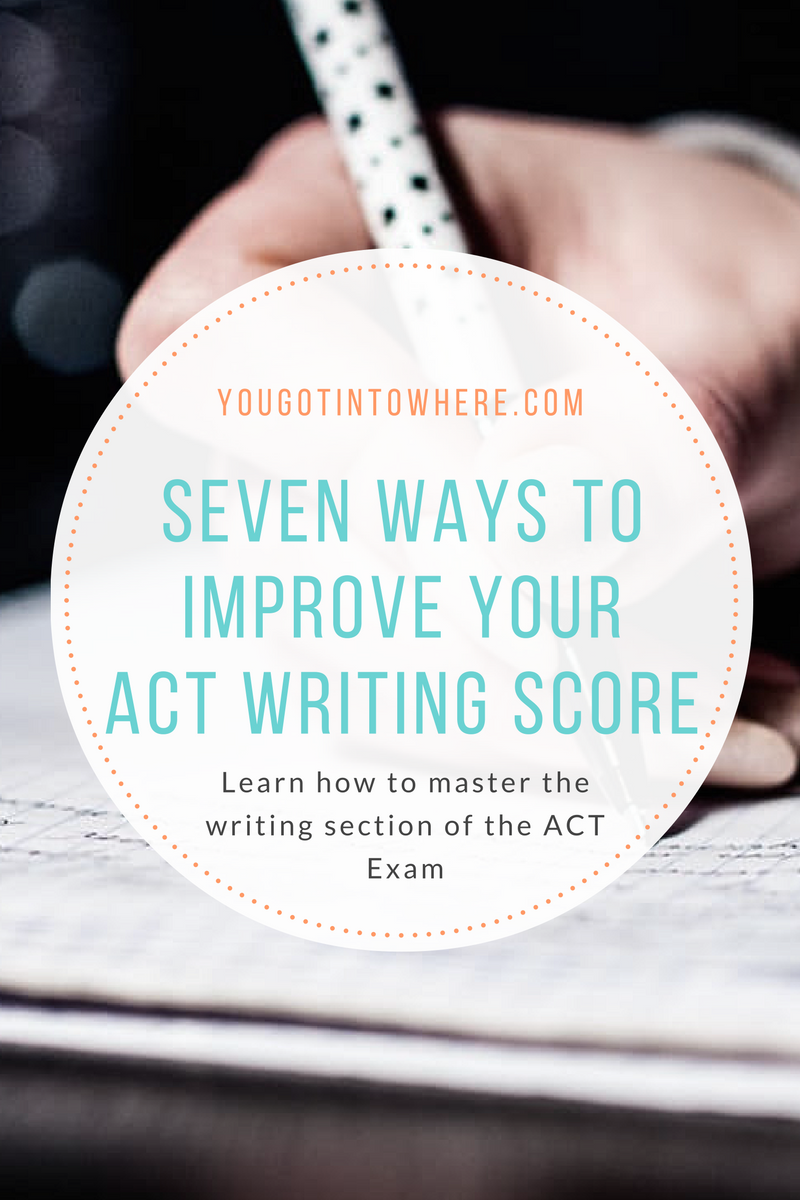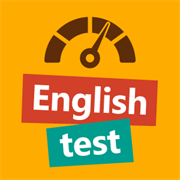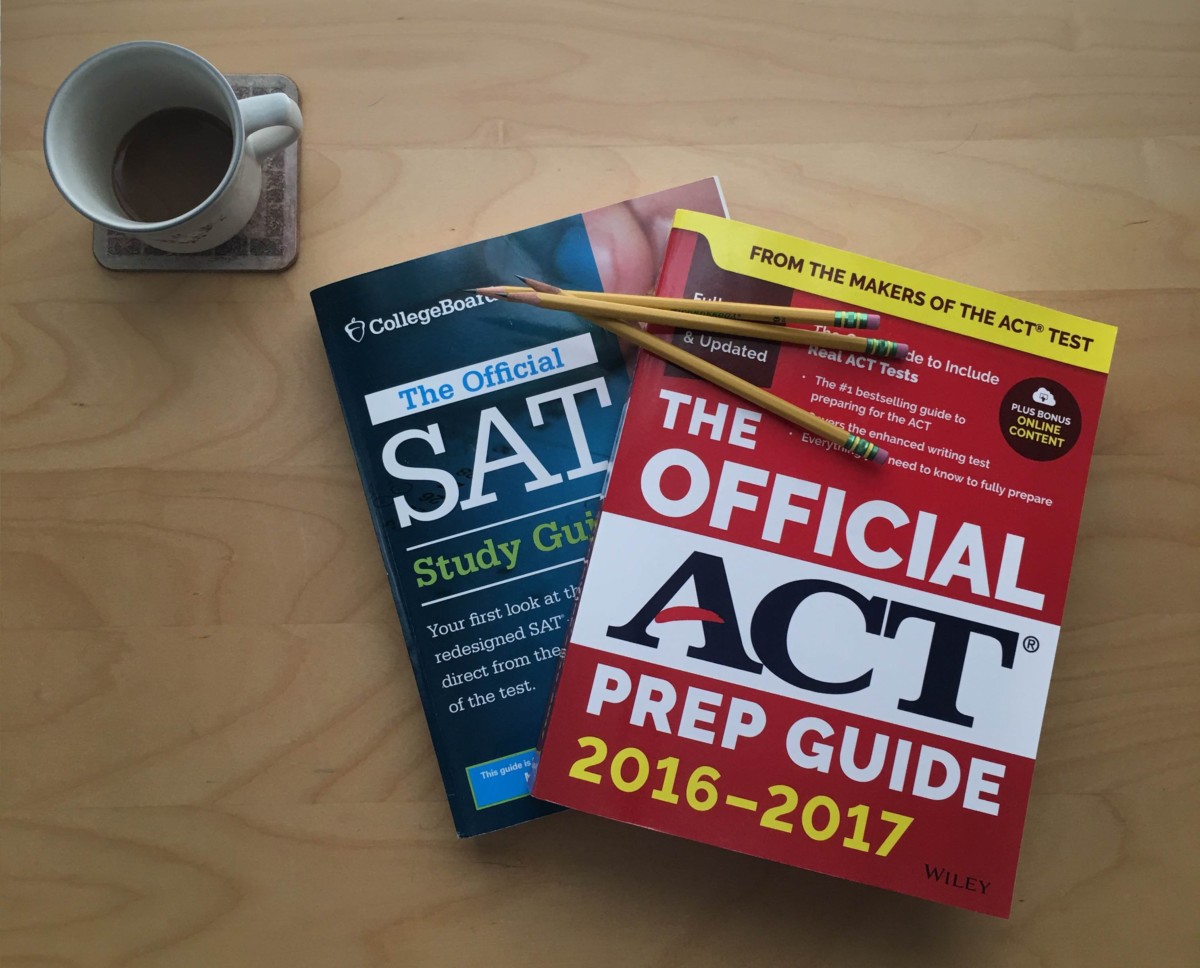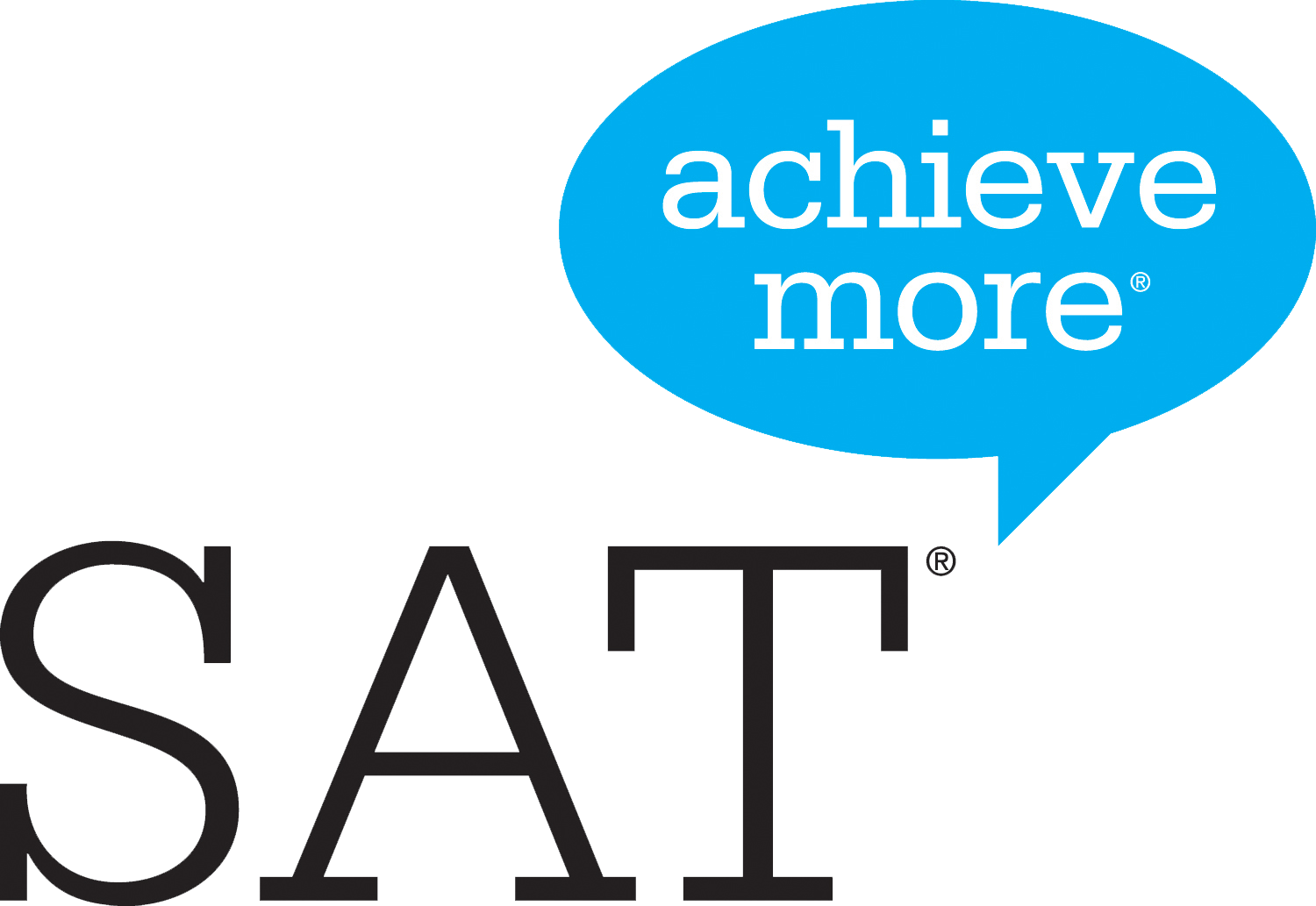3 Ways to Start Preparing for AP Exams
/Although it may seem early to start preparing for AP Exams, May will be here before you know it. The earlier you can start preparing, the better off you will be when it comes to actually taking the test in a few months. With that being said, many of us don’t even know where to start when it comes to preparing for exams. In hopes of helping everyone out, I have a few tips on how to start preparing for AP Exams.
Preparation Tip #1: Utilize Prep Books
If you don’t know where to start when it comes to preparing, a prep book is probably the best option. Prep books, or review books, are basically books with a shortened and simplified explanation of everything that will be covered on whichever AP Exam you are taking, as well as some practice exams or materials.
The book search
Before using the prep book, you need to find the right one for you. Barron’s and Princeton Review’s review books are arguably the most popular; however, there are many others published by different companies. To choose a prep book, I would ask people who have previously taken the course which one they found most helpful if they used any. If no one you know has taken the AP Exam you are planning on taking, read reviews of the books online. However, when you are taking advice from others remember to take it with a grain of salt and gather your own opinion based on many sources. Ultimately, you probably won’t know your preference until you have the book in your hands.
Buying your book
Once you have chosen the book that you want to use to start preparing, you need to actually obtain the book. If money is an issue, many libraries do have prep books that you can borrow. If they don’t have the specific book that you need, many libraries will order one for you if you request it. The downside to borrowing a book is that you cannot write on the practice exams or highlight and annotate the actual book. If this is not a problem, then borrowing is a free option! If you are willing to shell out some money to purchase your own prep book, then that is a great option as well. Having your own prep book means that you can write and highlight in the book. This can be especially helpful if you like highlighting essential information to refer to later. Often, amazon.com has the best deals on prep books, as well as fast shipping. However, if you want to make sure you are getting the best deal, you can utilize the website slugbooks.com. Just type in whatever prep book you are looking for (ex. Princeton Review AP European History) and it will pull up price comparisons from across many different websites so that you can purchase your study materials at the best price!
Strategizing your studying
Now that you have your prep book, using it should be pretty straightforward. Many books provide test-taking strategies, which would be great to read at this point, as AP Exams and tests that you take in class are often two very different things. Read the material that you have covered in class up to this point. Most likely, your textbook does not cover everything on the AP Exam, so doing this will ensure that you have a more complete perspective of the information. It also doesn’t hurt to take one or two of the practice exams, if your book has one. This could give you an early evaluation of where you are so that moving forward, your studying can be more focused and relevant to your struggles. Keep coming back to your prep book as the AP Exam approaches, it will be a useful tool in preparing you utilize it in its entirety!
Preparation Tip #2: Utilize College Board
Another great resource for preparing for AP Exams is the College Board website. The College Board is the organization that creates and administers AP Exams, meaning that they have a wealth of inside information on their website.
To utilize the website’s tools, go to “AP Courses” (https://apstudent.collegeboard.org/apcourse). Under this link, there are all of the AP courses that are offered. You can select whatever AP course you are taking and utilize several resources there. For example, under every AP courses link, there are four tabs that are very useful. The tabs at the top are “Course Overview”, “Course Details”, “About the Exam”, and “Exam Practice”. All of these have extremely valuable information. Read all of these tabs to familiarize you with the exam, as well as providing a focused overview of the course. This is important to look at when you start reviewing, as you will get a sense of the general topics that are most important in the eyes of the College Board. As I said, they are the ones who create the test; so knowing the overview and the topics that they find valuable can be a great tool.
Preparation Tip #3: Make Graphic Organizers
Finally, something that you can do to prepare is making graphic organizers! Graphic organizers can be a way of organizing information visually in a way that makes sense to you. I recommend making these when you begin to review, as it is a great way to force yourself to look at all of the information that you have and to organize it comprehensively. For example, if you are taking a history exam, try putting all of the relevant historical events into a master timeline. Or if you are taking a science exam, you can organize notes by-laws, theories, etc. This is a great option for last minute studying, as it allows you to have an overview of what you are learning, as well as review all of your materials.
I wish everyone the best of luck on your AP Exams! Happy studying!
For more advice on AP Exams, check out these articles as well:
AP Human Geography: A Guide to Success in the Course and Exam
AP Overload: 5 Tips On How To Push Through a Rigourous Courseload















 All in all, I don’t regret taking the SAT course over the summer, and will be continuing in the school year for another five weeks. I feel a lot more confident taking tests, and it gets easier to sit down and focus for such a long period of time. I’ve also met a group of great people who I can compete with in a friendly way to help myself improve. SAT courses aren’t for everybody, but I recommend it for people who need something to help them along the path to a higher score.
All in all, I don’t regret taking the SAT course over the summer, and will be continuing in the school year for another five weeks. I feel a lot more confident taking tests, and it gets easier to sit down and focus for such a long period of time. I’ve also met a group of great people who I can compete with in a friendly way to help myself improve. SAT courses aren’t for everybody, but I recommend it for people who need something to help them along the path to a higher score.

 Whenever you are in doubt of yourself, recall this advice and the fact that standardized tests do not measure your worth as a human being. You are so much more than the answers that you bubble in inside of a testing room. As long as you try your best, it is impossible for you to be labeled as a disappointment. You have so much more to contribute to the world, and as long as you are determined and assert yourself, you are definitely bound to make changes in it.
Whenever you are in doubt of yourself, recall this advice and the fact that standardized tests do not measure your worth as a human being. You are so much more than the answers that you bubble in inside of a testing room. As long as you try your best, it is impossible for you to be labeled as a disappointment. You have so much more to contribute to the world, and as long as you are determined and assert yourself, you are definitely bound to make changes in it.





